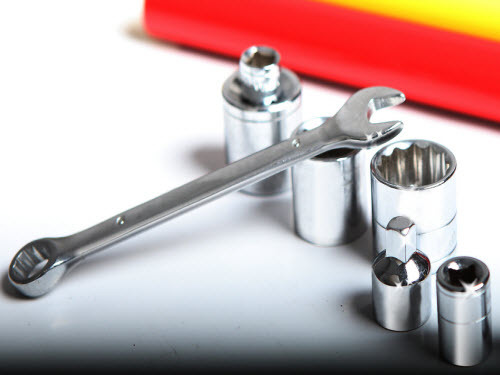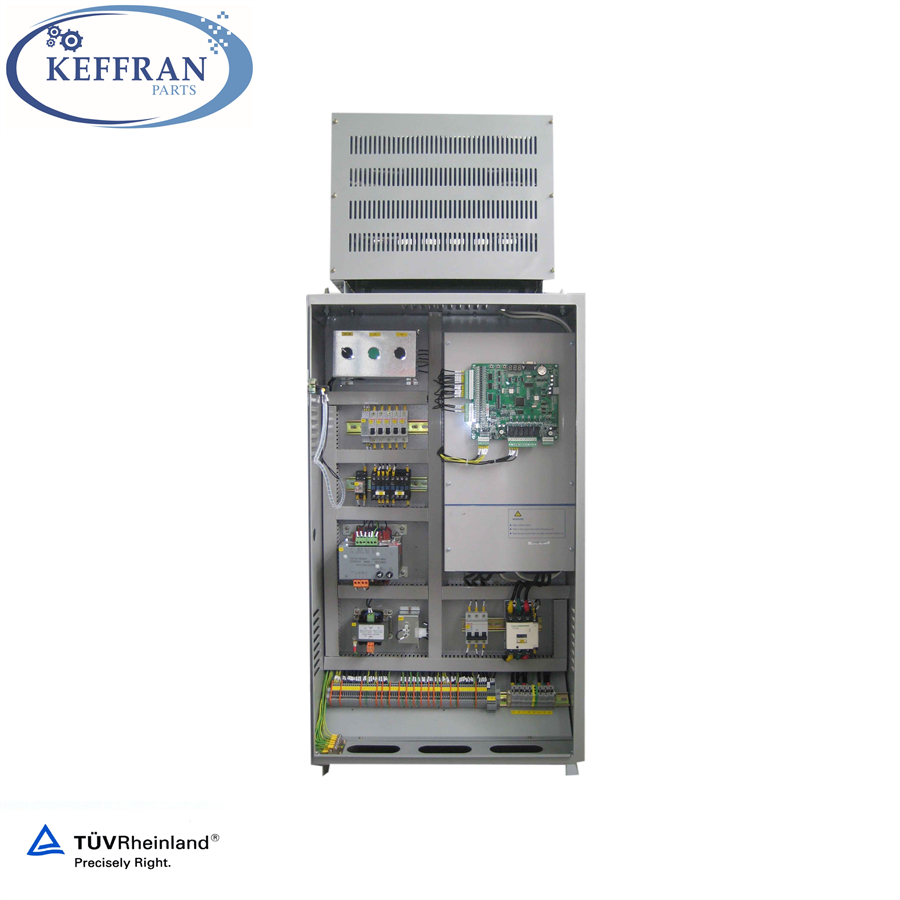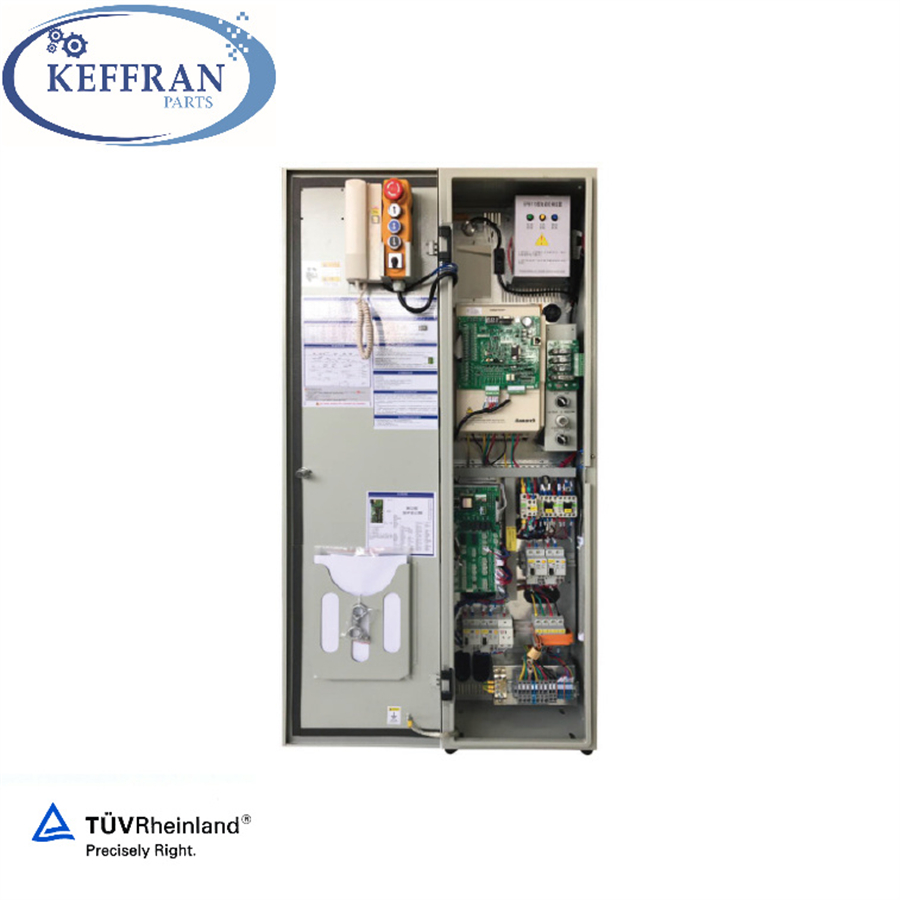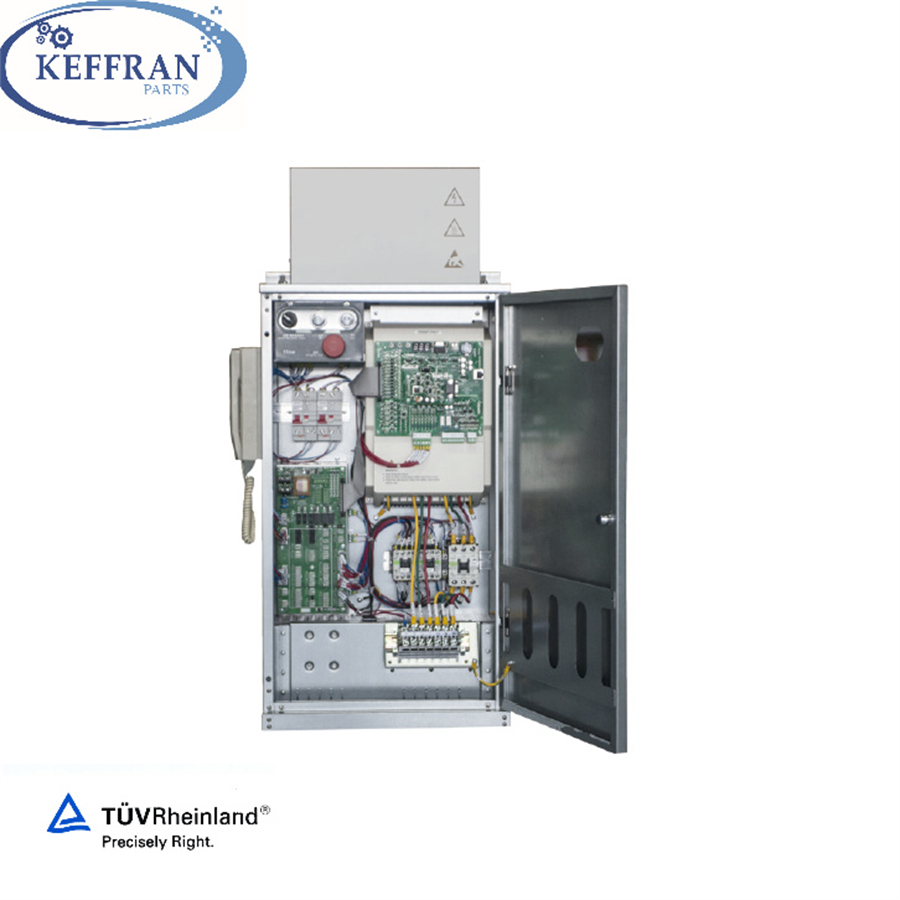
With the continuous growth of China's economy, the hardware industry has found itself at the center of a rapidly expanding market. As multinational corporations shift their manufacturing bases to China, the domestic hardware sector is facing both opportunities and challenges. To seize the initiative and avoid being controlled by external forces, it’s essential for China to strengthen its foundational capabilities and protect its domestic resources effectively.
First, the industry must undergo structural adjustments and focus on upgrading. Currently, China's hardware sector is heavily reliant on labor-intensive production, which has long been a key part of its export strategy. However, with the diminishing advantages of such products, it's time to evolve. By leveraging traditional strengths while investing in technology-driven and emerging industries, the sector can move towards higher value-added production, ultimately narrowing the gap with developed nations.
Second, human capital development is crucial. A shortage of skilled professionals is a major obstacle to the industry’s growth. To address this, companies should invest in internal training programs to enhance current employees’ skills while also actively seeking top talent from outside. This dual approach will help build a stronger intellectual foundation for long-term success.
Third, innovation and branding are key to increasing value. China's hardware industry has often relied on quantity over quality, leading to intense competition in global markets. Shifting toward innovation—by collaborating with research institutions and universities—can lead to better products and more competitive brands. Focusing on quality improvement and brand building will elevate the industry's position in the global supply chain and increase its resilience against economic fluctuations.
Fourth, promoting industry clusters can boost competitiveness. With many small and medium-sized enterprises (SMEs) operating independently, it's difficult for them to compete globally. By forming clusters, these companies can benefit from specialized division of labor, shared resources, and collaborative efforts, which will enhance their overall market presence and efficiency.
Fifth, government support plays a vital role. Policies that encourage technological innovation, energy efficiency, and SME development can create a more favorable environment for growth. Initiatives like tax incentives, streamlined approval processes, and technical assistance can help companies invest in R&D and new product development, driving sustainable progress in the sector.
In conclusion, as the hardware industry continues to grow, enhancing its competitiveness is no longer optional—it's essential. By focusing on innovation, human capital, and structural improvements, China can build a stronger, more resilient industry that thrives in the global market.
Our NICE Series of Elevator controllers are among the most advanced available, providing optimum performance in an intelligent, high quality, compact, cost effective package.
In the past, conventional Elevator systems were comprised of individual elevator controller and Inverter, mounted and wired separately. This arrangement required significant engineering effort, hardware wiring and software programming.
Our innovative NICE Series combines the elevator controller and Inverter in one integrated package thereby reducing the engineering effort, inter-module wiring and saving valuable space. The end product is a compact, reliable, user friendly, state of the art controller .
China Elevator Control System,Elevator Controller supplier & manufacturer, offer low price, high quality Motion Control Elevator,Elevator Control Panel, etc.



Elevator Control System,Elevator Controller,Motion Control Elevator,Elevator Control Panel
Suzhou Keffran Parts Co.,ltd , https://www.keffran-elevatorsmart.com